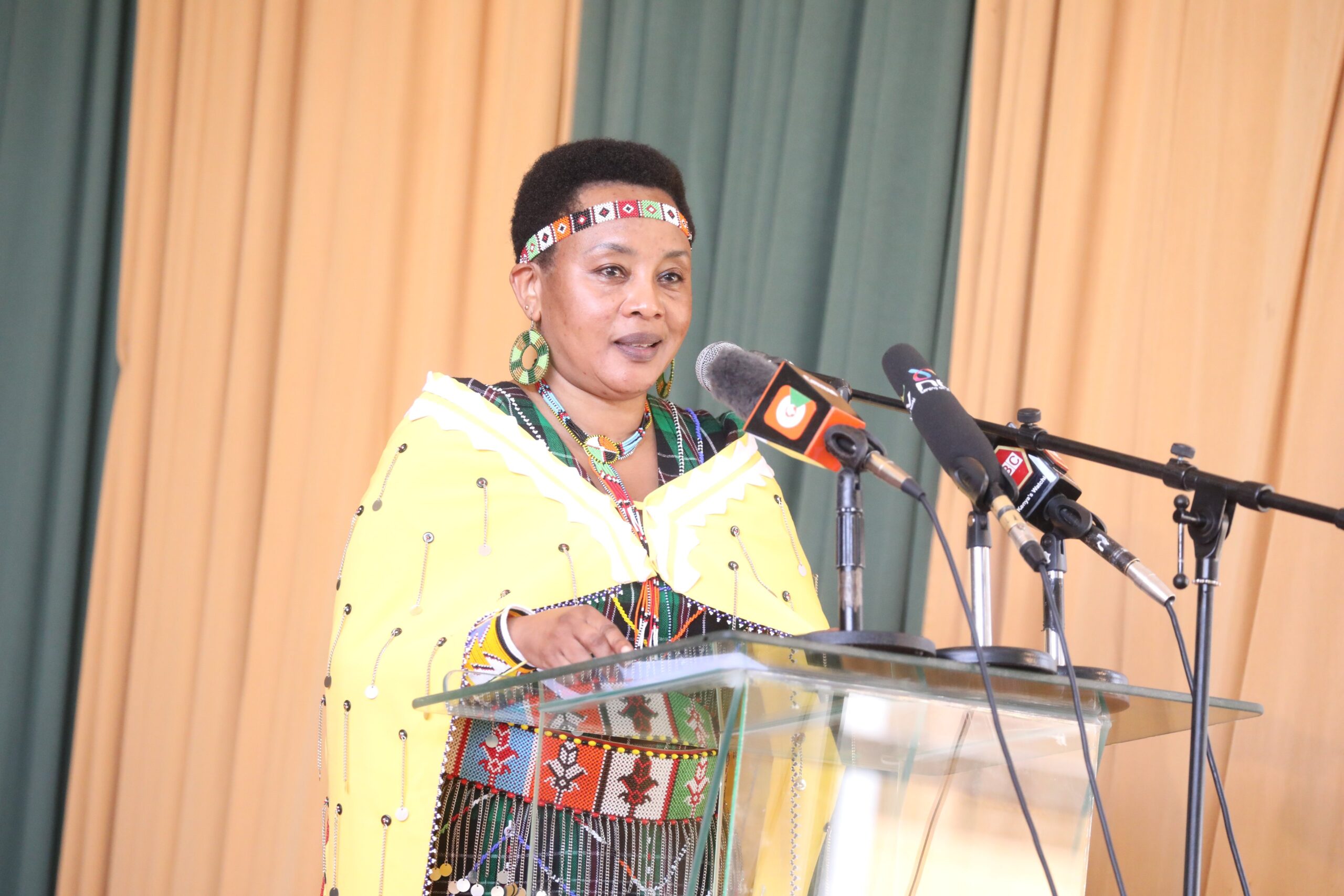Chief Justice Martha Koome says the Judiciary will dig up the indigenous systems of justice by promoting the use of traditional dispute resolution mechanisms.
The CJ noted that the Alternative Justice Systems provide an ideal forum for the resolution of disputes given that they are closer to the people, more affordable, easier to access, familiar, and less bureaucratic.
Addressing the 1st National Conference on Alternative Justice Systems, Koome reiterated that the judicial officers are expected to embrace a responsive role in order to respond promptly to the ordinary citizen’s quest for justice by providing a solution to their claims of injustice.
“Our justice system must be responsive and alive to the lived realities of our people and offer tangible and substantive justice that speaks to their concerns, vulnerabilities, and pains.” She said
“We must come up with and promote initiatives and interventions that are aimed at responding to our people’s social needs, that is, their plight and cries for justice.” She added
According to the CJ, the 2010 Constitution envisages a broad dispute resolution system. She quoted Article 159(2) of the Constitution which she noted commands the Judiciary to promote the use of alternative forms of dispute resolution including reconciliation, mediation, arbitration, and traditional dispute resolution mechanisms.
She said these alternative forms of dispute resolution allow for the resolution of disputes outside the courts and that by commanding the judicial officers and the public to embrace the multi-door institutional approach to the pursuit of justice, the Constitution is alive to the need for efficient and timely delivery of justice.
“The underpinning premise of this view is that the courts are not the sole forum for the delivery of justice.” She said
She says the traditional mechanisms also serve as a form of restorative justice while ensuring more social inclusion due to their participatory nature.
“It also prevents injustice and reduces harm suffered by people by focusing on root causes of injustice and on justice needs of entire communities and societies rather than just individuals.
She quoted renowned Scholar Marc Galanter who famously observed “Just as health is not found primarily in hospitals or knowledge in schools, so justice is not primarily to be found in official justice-dispensing institutions.”
“Ultimately, access to justice is not just a matter of bringing cases to a font of official justice, but of enhancing the justice quality of the relations and transactions in which people are engaged,” Galanter noted
This point of view, according to Koome is corroborated by the “Justice Needs and Satisfaction in Kenya Survey” report of 2017 which showed that only around 10% of disputes are channeled to be resolved through the courts.
By Fred Odanga Azelwa.
